Cash Whiteley is a man … on the mend
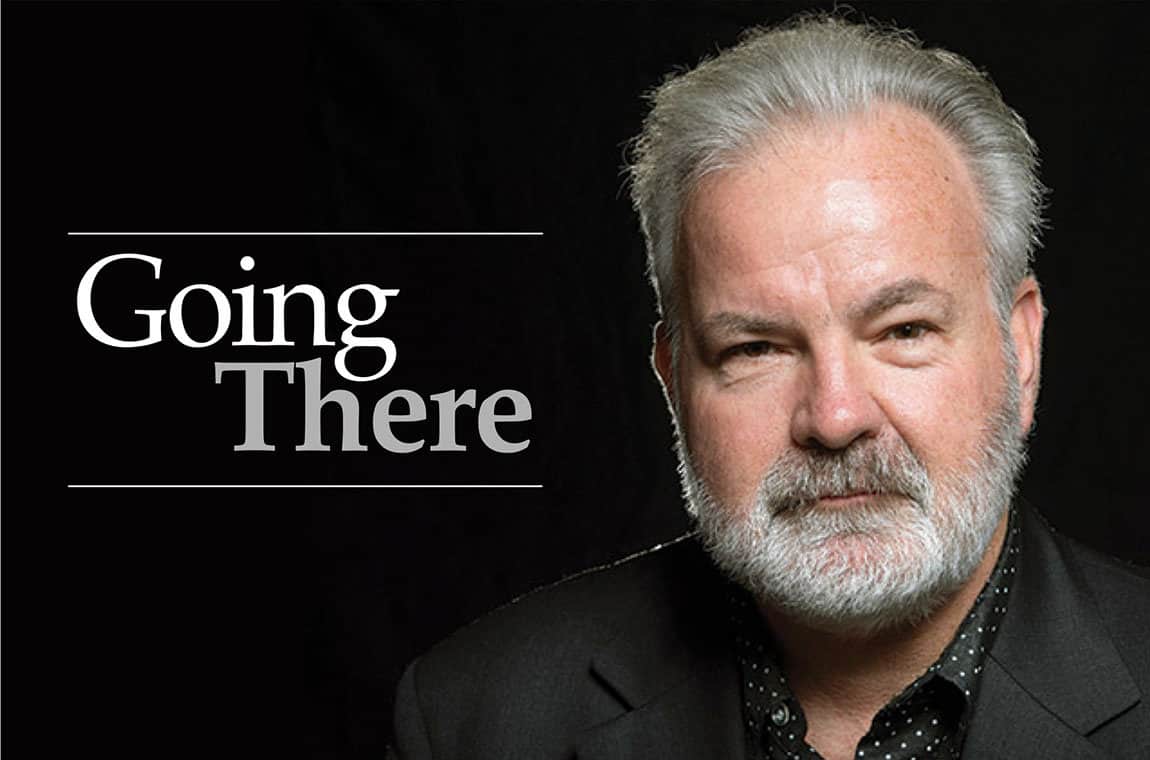
As I reported last week, our neighbor Cashman “Cash” Whiteley is on the mend.
That is a joyful sentence to write.
Some may recall my August 12 story and subsequent columns about the 59-year-old unhoused man who had been suffering for several years with a large, open, and growing mystery wound on the left side of his face. The wound is a mystery no more: it is skin cancer.
But with the diagnosis has come an unlikely renaissance. Cash has undergone three courses of immunotherapy at City of Hope West Covina. The wound, and presumably the cancer, is about 1/3 the size it was last I saw him in September; he has been gifted a car, which will eventually enable him to return to work; and he’s off the streets, with a safe, off-street private spot to park and sleep.
Best of all, his overall wellbeing has vastly improved. Cash is laughing, smiling, and able to eat solid foods again.
And in a most unexpected twist, his story is due to be shared with a national audience in the form of a segment on CBS Mornings set to air in the 8 a.m. hour next Thursday, February 23.
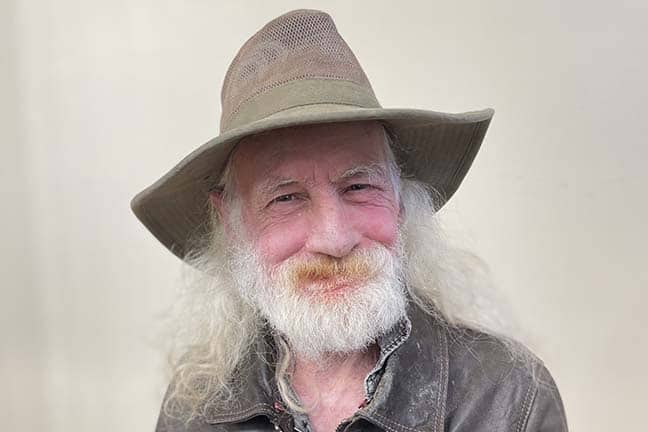
Cash Whiteley, pictured here at the Claremont Coffee Bean and Tea Leaf on February 8. Courier photo/Mick Rhodes
Cash’s rebound began in late September, shortly after the last time we saw each other.
A Claremont man — who preferred not to be named in this story — read about Cash in the Courier and contacted a doctor friend of his to ask for help. “He said, ‘Look, I’m really worried about this guy. Things are not looking good,’” Cash told me last week.
A few days later the anonymous friend brought Cash in, and almost immediately the doctor said he was certain Cash’s wound was skin cancer. He referred him to Dr. Shanmuga Subbiah at City of Hope, West Covina.
The Rev. Jessie Smith, from St. Ambrose Episcopal Church in Claremont, is Cash’s pastor. She’s known him since 2019. She and her husband Drak Druella brought Cash to his initial consultation with Dr. Subbiah at City of Hope.
“I can’t tell you how much joy I felt that day to know that he had a light at the end of the tunnel, and that he had a doctor that was willing to work with him,” Smith said.
Shortly thereafter Cash spent a week undergoing MRIs, CT scans, all manner of blood work, and biopsies at Foothill Presbyterian Hospital in Glendora. At the end of that week, Dr. Subbiah walked into his room.
“He told me, ‘You’re in pretty bad shape,’” Cash recalled.
It was squamous cell carcinoma, which, luckily for Cash, is a slow moving cancer. He had two treatment options: chemotherapy or immunotherapy, a type of biological therapy that uses substances made from living organisms to treat cancer. Cash nixed the former outright. Immunotherapy it was.
He had his first treatment, but saw little improvement. He missed his second appointment in January because he couldn’t get a ride to City of Hope.
Then came the unrelenting rainstorms in January.
The wet weather led Claremont residents Carmen Flores and her partner Tatiana Guerreo — who have known Cash since a chance encounter on Thanksgiving Day 2019, and have helped him periodically since — to wonder about his wellbeing. They went looking and found him sleeping on a cold, wet concrete slab outside the First Church of Christ, Scientist, on Harrison Avenue. The women could see he had lost considerable weight and looked alarmingly pale. They tried to wake him, but unbeknownst to them he’d just taken a strong pain pill, and couldn’t be rousted.
They returned the next morning.
“At seven o’clock I stick my nose up and Tatiana’s looking at me, and she goes, ‘Good morning. You want to come to my house for a couple of days?’” Cash said. “And I thought, you know what, I need to take her up on it. So I said, ‘Okay, let’s do that.’”
It was a spot decision for Flores and Guerreo.
“I couldn’t wrap my head around finding this man sleeping on a concrete slab in front of a church,” Flores said. “I just thought, y’know, the irony. I was angry and disappointed, and I just thought if our institutions aren’t doing anything, then us as individuals need to step in because this guy needs help.”
The women decided then and there to make a transition plan for Cash. They didn’t know what it would look like, but they knew the status quo was unacceptable.
“And the next thing I know it was a hot shower and then go to bed,” Cash said.
With Cash off the streets, dry, and rested, the trio began talking about the various barriers preventing him being treated expediently. Transportation was a major obstacle.
Around the same time, an anonymous donor at Smith’s St. Ambrose church pledged $4,000 for Cash to purchase a car, a red 2007 PT Cruiser.
Next, Flores and Guerreo bought him a phone so he could be in touch with his doctors and everyone else who was looking out for him.
He stayed with the couple for about three weeks.
“It was those little steps those girls took that helped me turn this whole thing around,” Cash said. “It wasn’t that I was too proud to accept the help. It was that I was weary because a lot of people say they’ll help but they don’t know how, then all of the sudden you wind up in a bigger mess than what you started in. I was just finally in a position where logically I couldn’t say no.”
Flores then drove Cash to City of Hope for his rescheduled second immunotherapy treatment.
Then things just got surreal.
While waiting for Cash at City of Hope, Flores came across a story CBS Mornings Lead National Correspondent David Begnaud had posted on social media about a woman who had offered shelter to an unhoused man. She left a comment that she appreciated the story and was coincidentally doing the same thing at the moment. Intrigued, Begnaud then messaged her asking for more information, and before long — with Cash’s blessing — a CBS television crew was in their Claremont living room.
Cash hopes telling his story on a national TV might help others.
“We’ve got to get people out of their own judgmental habits and start seeing homeless as people,” he said. “If I can be of help in that regard, then I’m actually helping someone out down the line. It’s ‘pay it forward,’ but it’s also, the way I see it, just another way of leaving the world just a little bit better place than what we found it.”
When we spoke last week Cash had just completed his third immunotherapy treatment. He looked and sounded like a completely new man. Gone was the hollow-eyed cynicism and hopelessness. As he said, “It’s like waking up from a bad dream.”
Many helped him along the way. Dr. Subbiah, Cash said, is at the top of the list.
“When that man sits down in front of me he looks me right in the eye and talks to me straight,” Cash said of the City of Hope oncologist and hematologist. “And that’s what I like. I don’t like any nonsense, no sudden guesswork. This man is right on it.”
I suggest he finally found someone in the medical community with whom he can connect.
“Oh you better believe it,” he said. “Someone who doesn’t mind connecting with me, and that’s just as important as me being comfortable with him is him being comfortable with me.”
Cash had been in pain for years. It reached a crescendo in late 2022. Even after his first immunotherapy treatment, it was excruciating.
Then about three weeks later, the pain began to ease.
“Then all of the sudden I went to my second treatment [in late December], and I’ve only had one of those opioid tablets out of that whole bottle,” Cash said.
He recently had his third treatment, and the improvement in his overall wellbeing is remarkable, inspiring even. The experience stands in stark contrast to his dozens of previous hospital experiences.
“They see me coming and it’s ‘Hello, Cashman. You’re here for your treatment, right?’ Yes ma’am, then, ‘Go ahead and have a seat and we’ll be with you in a minute.’ And they are.”
For those of us who have borne witness to Cash’s alarming decline over the past two years, his recent revival is especially poignant. Smith had taken Cash to the emergency room several times over that period, with little to show for it.
“The best to come from any of that was a nurse who said ‘We can do nothing here,’ but recommended a county hospital that was outside the county to go seek help there,” Smith said. “Behind it now, reflecting back, it really needed to be on Cash’s terms, when Cash was ready, and to respect him and his autonomy in this process of healing. And with each step of the way, healing is happening. We’re getting the old Cash back. He wasn’t there for a while.”
Cash described the past few years as living in a fog, an endless cycle of “red tape and pain.”
“But once you come out of that, now all of the sudden I can see more and better possibilities,” he said. “There’s a few that have a good heart that have made a positive difference in my life. Why can’t we share that?”
Cash’s segment on CBS Mornings is scheduled to run in the 8 a.m. hour next Thursday, February 23. More info is at cbs.com.
Flores has established a GoFundMe page “that will help support Cashman’s recovery and assist him financially during his medical absence from work as a delivery driver.” To learn more, go to gofundme.com and search “sheltering hands.”



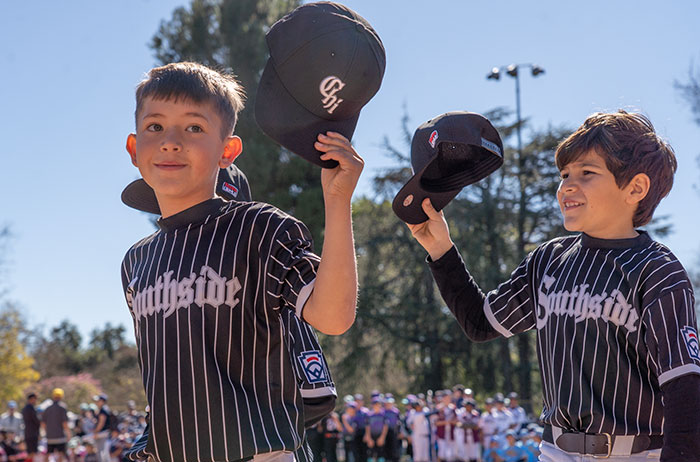
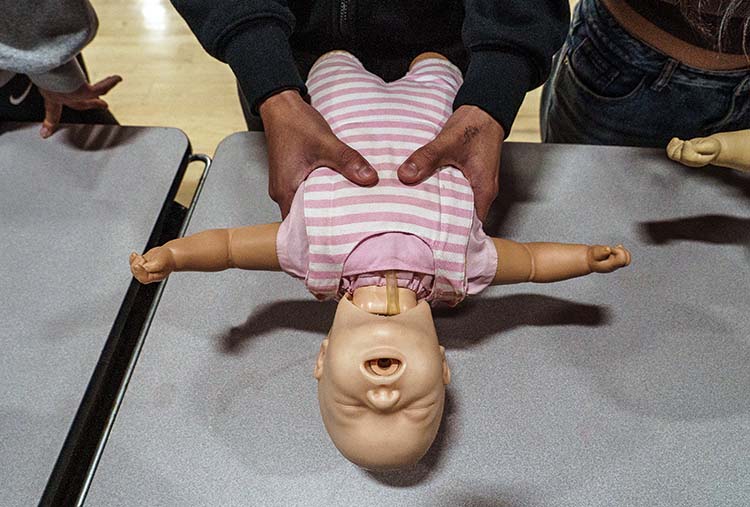
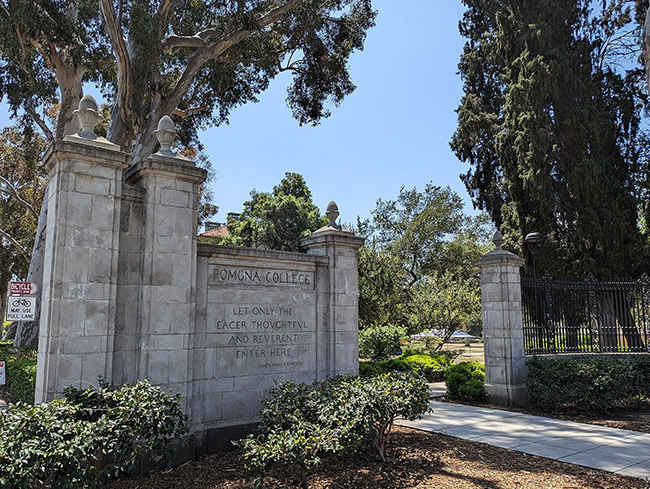

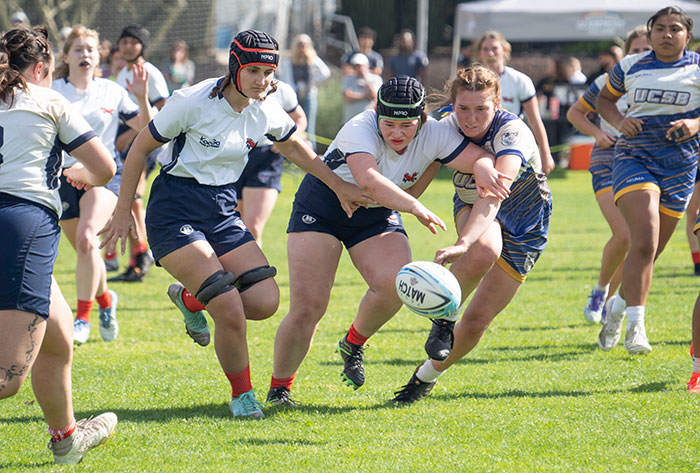
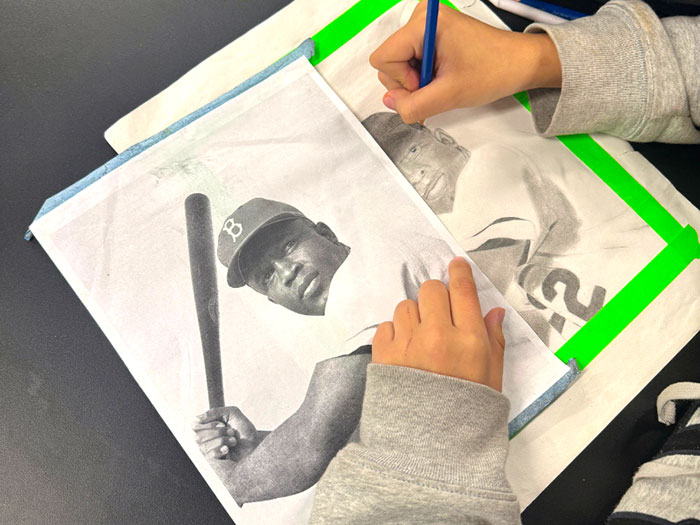

0 Comments